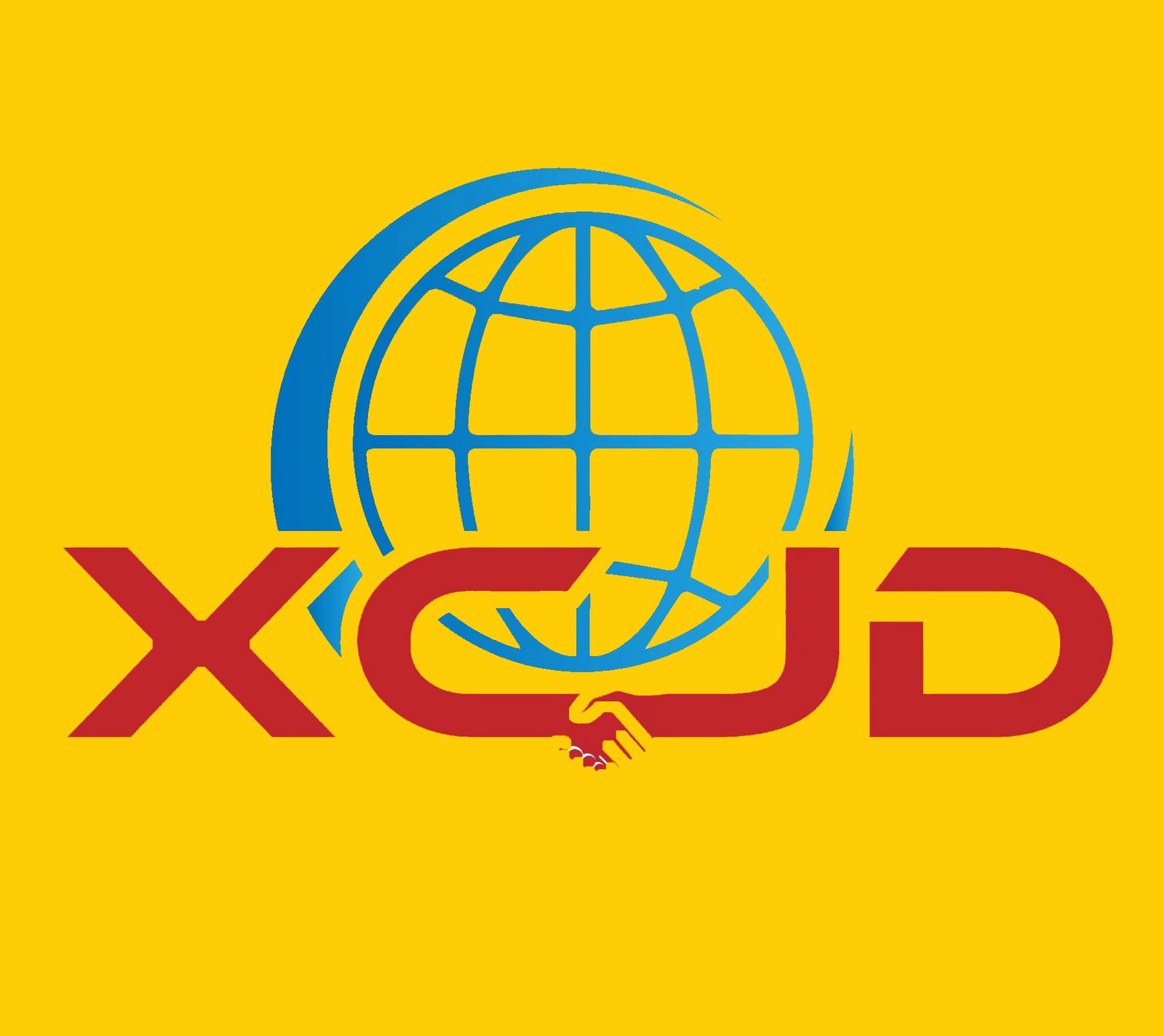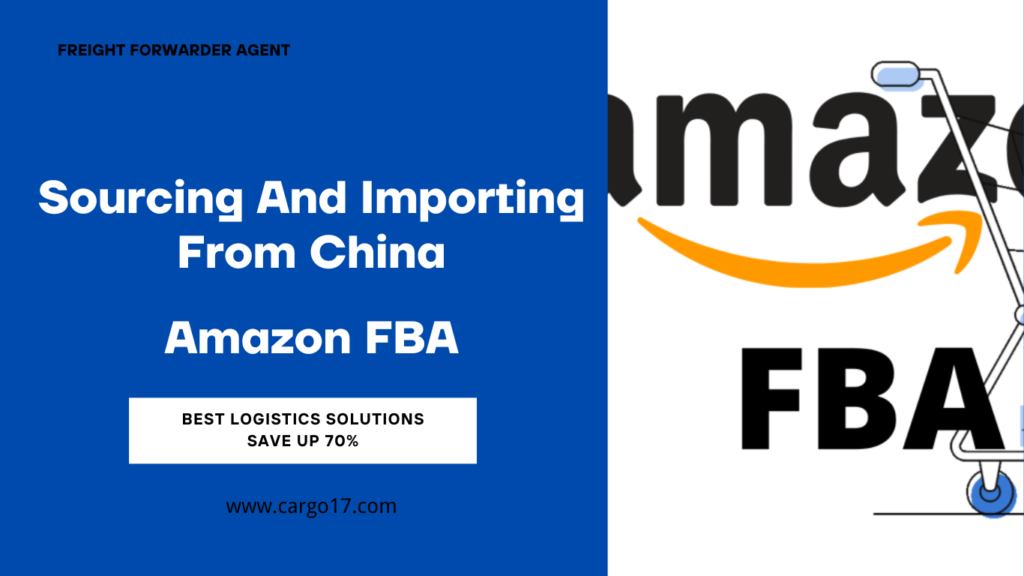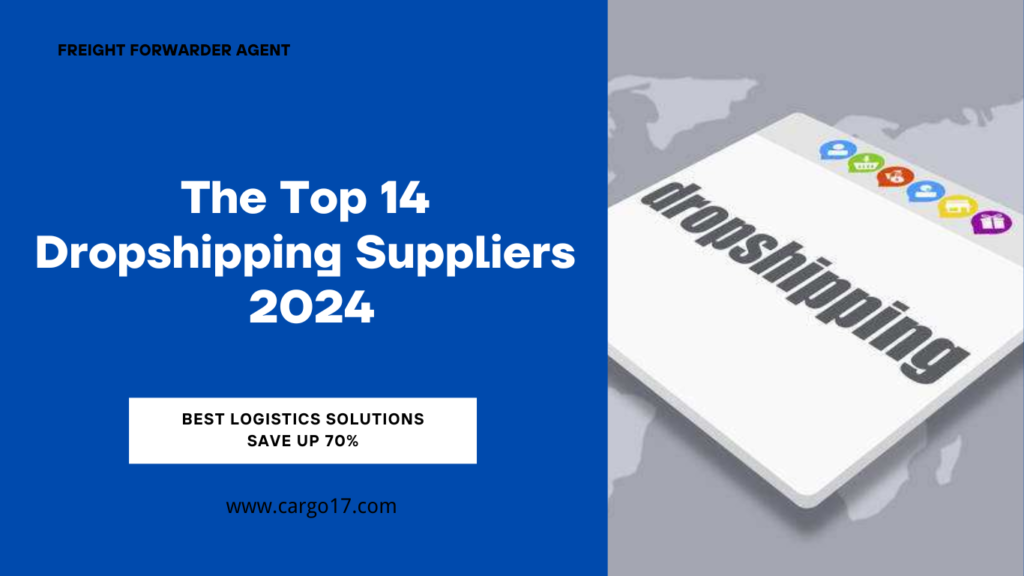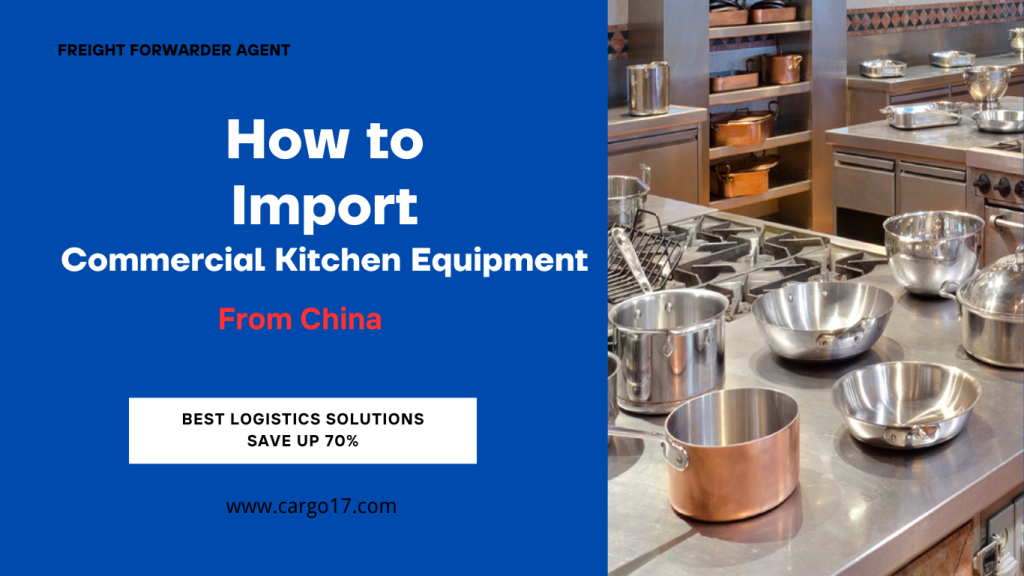Importing and Exporting Licenses
In an age where international trade is vital to the functioning of numerous economies, it is essential to comprehend the complexities of import and export licenses. These licenses carry much more significance than mere formalities; they play a crucial role in upholding an equitable global trade system, ensuring adherence to legal regulations, and safeguarding national security. Whether you are an experienced customs broker or a business venturing into the realm of international trade, understanding the fundamental aspects of these licenses is a fundamental prerequisite for achieving success in global
The United States is a significant participant in global trade and has its own distinct import and export regulations. These regulations are enforced by federal agencies such as the International Trade Administration and Customs and Border Protection (CBP). Successfully maneuvering through these regulations necessitates a thorough comprehension of licensing prerequisites, which differ based on the type of goods, their origin, and their intended purpose. For example, export licenses are frequently affected by factors like defense trade controls and tariff rate quotas, while import licenses are contingent upon import regulations and border protection
As you begin this journey, keep in mind that obtaining a license goes beyond simply completing an application form. It involves comprehending the procedure, adhering to compliance requirements, and ensuring that all imported or exported goods comply with both U.S. and international regulations. This guide will explore these factors, assisting you in unraveling the intricacies and becoming a proficient participant in the realm of global
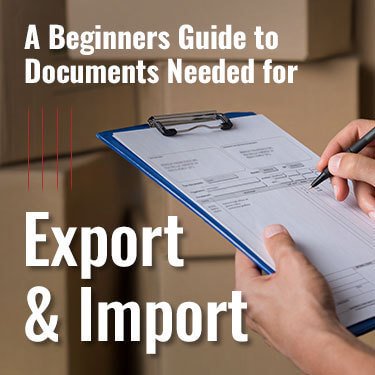
In the world of global trade, an import export license is more than just a piece of paper. It serves as a crucial tool for businesses to access international markets. These licenses are official authorizations granted by governments, allowing companies to transport goods across borders. They play a vital role in ensuring that trades comply with national and international laws, safeguarding economic interests and security.
Importing and Exporting Licenses
Fundamentally, an import export license is a legal obligation for companies involved in the import and export of goods. It acts as a means of ensuring that businesses comply with trade regulations established by the respective countries. These licenses encompass a wide range of goods, spanning from consumer products to controlled items such as weaponry or certain technologies. Each category often requires specific licensing requirements to be
Import and export licenses serve different functions and undergo separate procedures:
Import License:
Necessary for importing goods into a country.
Controls the arrival of goods by guaranteeing adherence to local safety, health, and environmental regulations.
Administered by the Customs and Border Protection (CBP) in the United States.
Export License:
Required for exporting goods from a country.
Guarantees that exports comply with national security and foreign policy requirements.
Supervised by agencies such as the International Trade
It is essential for businesses to have a thorough understanding of these distinctions in order to successfully navigate licensing requirements. Each license type has its own unique application process, documentation requirements, and regulatory frameworks that are specifically designed to accommodate the nature of the goods and the intricacies of trade agreements. In the upcoming sections, we will delve into the process of obtaining these licenses as well as the crucial factors businesses must consider to ensure.
Getting an Import and Export License
Getting a license for importing or exporting goods is a crucial requirement for businesses involved in global trade. Although the process can be complex, it can be successfully handled with proper understanding and readiness. To assist you in obtaining these licenses, we have provided a comprehensive guide outlining the necessary steps, documentation, and requirements involved in the application

Recognize the Necessity of a License:
Determine if your import or export operations require a license by considering factors such as the nature of the goods, their intended destination, and purpose. To clarify export licensing regulations, consult the Bureau of Industry and Security (BIS) under the U.S. Department of Commerce.
Compile Relevant Data:
Accumulate essential information about your merchandise, which includes its classification, technical specifications, and intended purpose. If importing, be aware of your product’s Harmonized Tariff Schedule (HTS) code.
Seek Assistance from Accredited Customs Broker:
For intricate goods or sizable shipments, it is advisable to employ the expertise of a licensed customs broker who can offer professional advice and
Please complete the application form accurately in order to proceed. For export licenses, you can commonly use the Commerce Department’s SNAP-R system.
Submit all necessary documents, which may include business identification, product details, and end-user information. It is important to make sure that all documentation is complete and accurate to prevent any delays.
Please be aware that processing times may vary depending on the product and license type. Your patience during this stage is greatly
Key Documentation and Requirements
Identification: Provide your Tax ID, business registration documents, and contact information to establish your business identity.
Product Details: Include a comprehensive description of the products, along with the HTS code for imports and Export Control Classification Number (ECCN) for exports.
End-User Information: If relevant, provide specific information about the recipients of the exported goods.
Maintain Accuracy and Completeness: Ensure that your application and supporting documents are both accurate and complete to expedite the process smoothly. It is crucial to comply with all regulations, as it is essential for the success of your application and the integrity and legality of your international trade
Compliance with export and import license regulations is crucial for businesses engaged in international trade. It is important to adhere to these regulations in order to validate your licenses and protect your business reputation. To help you maintain compliance and avoid common mistakes, here are some important factors to
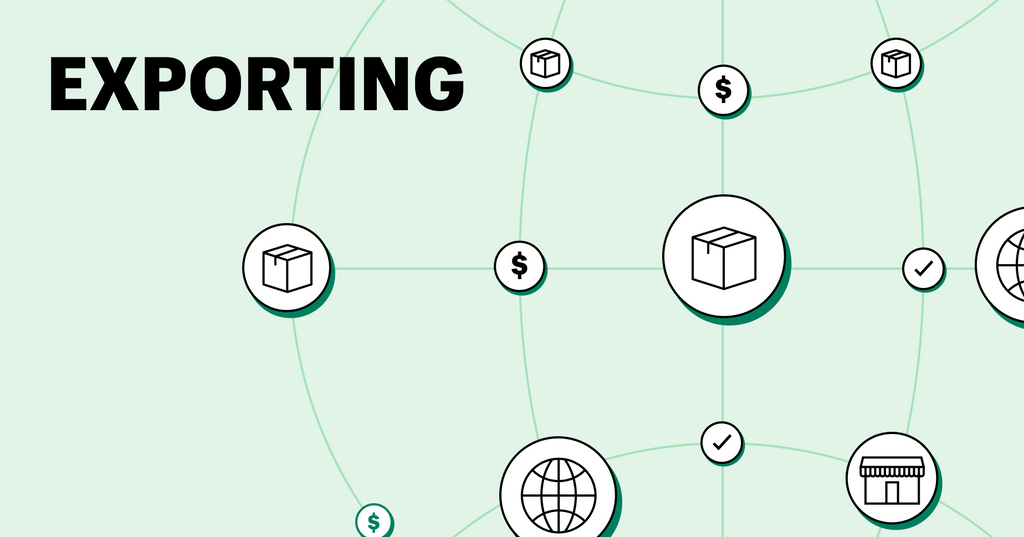
Key compliance factors for maintaining valid licenses Regular updates and renewals: Keep track of your license expiration dates and apply for renewals early. Changes in regulations by government agencies or international trade bodies may also require license renewals. Compliance with export and import regulations: Comply with all relevant export regulations, including defense trade controls and customs quotas, and import regulations, especially those related to border protection and product specific requirements. Accurate Record: Keep accurate records of all transactions, correspondence and documents related to imports and exports. This is critical for audits and investigations by federal agencies. Regular training and awareness: Make sure your team, especially those involved in shipping and customs processes, are well trained and up to date on the latest licensing requirements and compliance protocols.
Avoiding common pitfalls in license management Ignoring small details: Even small mistakes on application forms or missing complete contact information can cause delays or rejection. Underestimating requirements: Failure to keep pace with the changing landscape of international trade regulations can lead to unintended non-compliance. Failure to seek professional help: Sometimes the intricacies of export and import licensing require the guidance of licensed customs brokers or import specialists. By focusing on these aspects of compliance and avoiding common mistakes, companies can ensure a smooth and uninterrupted path to global business. Remember that in international business, being proactive about licensing compliance isn’t just a best practice – it’s a must.
Export Licenses: Navigating Difficult Destinations Navigating the complexities of export licensing is an essential part of international business. Different types of export licenses apply to different products and items, each with specific rules and restrictions. Understanding these nuances is key to ensuring legal and efficient export operations. Types of export licenses and their purposes General export permit: Covers most products and items commonly used in products that do not pose a national security threat. Enables a wider selection of exports without individual applications. Special export license: Required for sensitive products or products subject to export regulations. Contains items related to national security, weapons regulations and special technology. Temporary export permit: Ideal for products that are taken out for a period of time and then returned, such as exhibition materials. Ensures compliance during temporary foreign transactions.
Understanding export rules and restrictions Respect for International Law: Following International Traffic in Arms Regulations (ITAR) and Export Administration Regulations (EAR) is very important for products related to defense or dual-use technologies. Country Restrictions: Be aware of specific country embargoes or embargoes that affect your exports and where. Control of end-users and end-users: Ensure that the end-users and end-users of the exported goods comply with the license conditions. Abuse can lead to serious legal consequences. Regular updates: Keep up-to-date on changes in export laws, as they may affect the validity of your existing licenses.
Understanding and complying with the various aspects of export licensing is crucial for companies looking to expand their reach globally. Addressing these complexities with due diligence not only ensures compliance with the law, but also facilitates smooth international operations.
The role of import licenses in trade Import licenses play a central role in international trade. They function not only as legal permits, but as strategic tools that facilitate the smooth entry of goods into the market and ensure that companies comply with national and international regulations.
The critical role of import licenses in international trade Regulatory Compliance: Import licenses are required to comply with import regulations of government agencies such as US Customs and Border Protection (CBP). They ensure that imported goods meet all legal standards, including safety, health and environmental standards. Market Access: Getting the right import license can be key to opening new markets and expanding your business. This shows a commitment to legality and quality, which is crucial to building trust in the global market.

Case Studies: Successfully Navigating Import Licenses Expansion of the technology company: The technology company managed to expand its market by obtaining special licenses to import electronic components. This allowed them to bring advanced technologies to meet federal agency requirements and improve their product offerings. Fashion Retailer Compliance: A fashion retailer manages import licenses for clothing and accessories, ensuring compliance with trade and customs regulations, avoiding costly fines and delivery delays.
These case studies show how proper use of import licenses can open doors to new opportunities and protect against legal and operational barriers to international trade. For companies looking to succeed globally, understanding and effectively managing import licenses is not only useful, but essential.
Simplify the licensing process Effective license management is important for companies involved in international business. Best practices include staying informed about changing import and export regulations, keeping accurate records and ensuring timely updates. Regular training of employees involved in the permit procedure is also important. At XCJD Freight, we specialize in simplifying your import/export licensing needs. Our expertise and tools streamline the complex licensing process, making it more manageable and less time-consuming for your business. Whether it’s going through application processes or meeting the latest business regulations, GoFreight is your trusted partner in effectively managing your licensing requirements, allowing you to focus on growing your business in the global marketplace.
